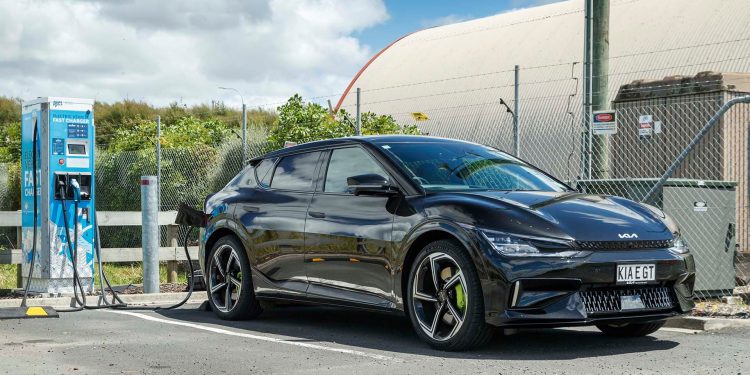Are EVs still cheaper to operate than petrol cars?
Words NZ Autocar | Images Autocar, Kia, Zeekr
Sales of EVs in New Zealand have tanked since the start of 2024. This follows the removal of the clean car rebate and introduction of road user charges (RUCs). Costs have ramped up for EV owners while the price of entry remains higher than for similar sized ICE-powered vehicles.
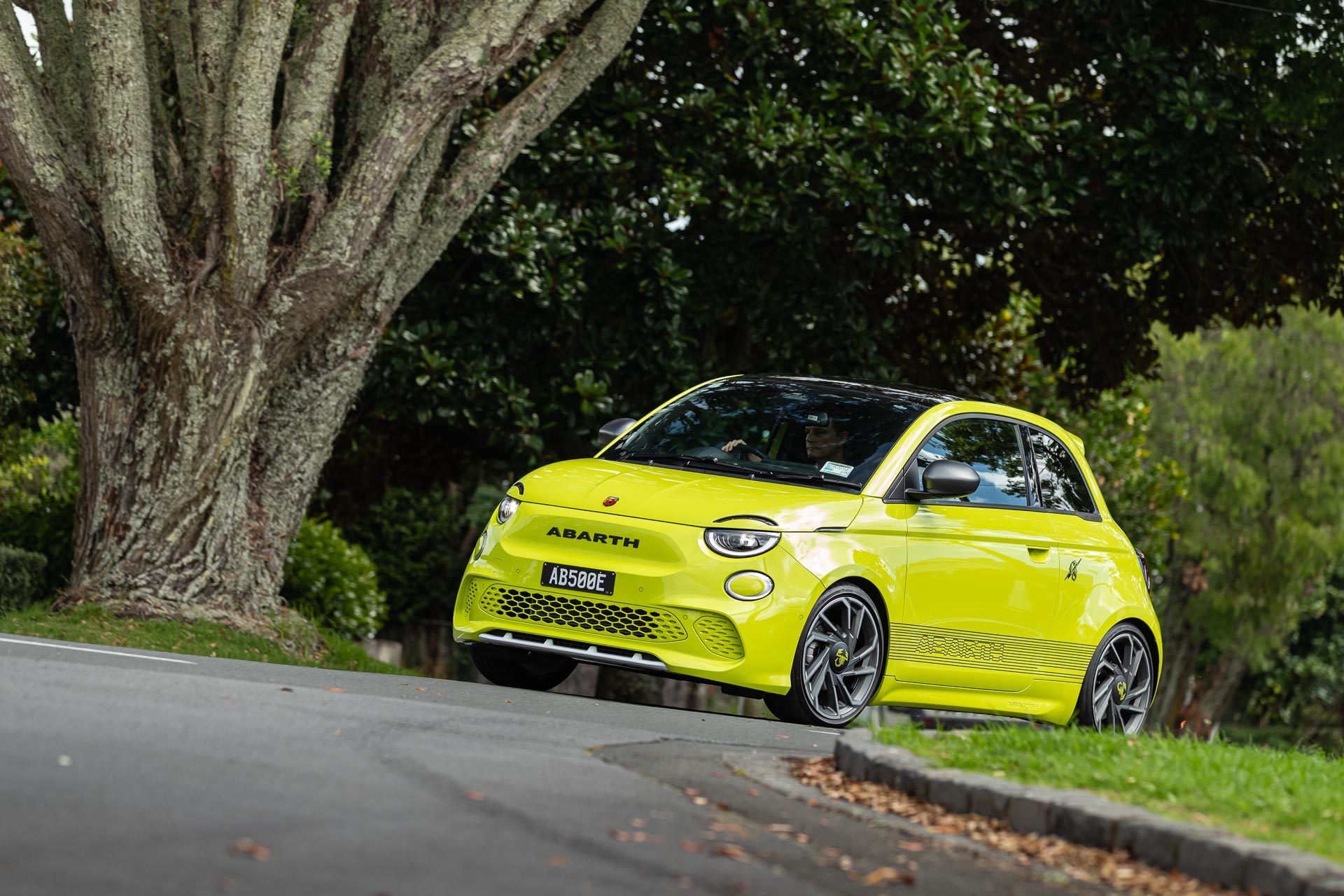
Owners of EVs are now slugged with the same RUCs as diesel-powered vehicles, amounting to $76 per 1000km. While EVs might be more expensive to buy, are they still cheaper to run?
Andrew Whiteford, a director at Infometrics, did some calculations as outlined in a RNZ article.
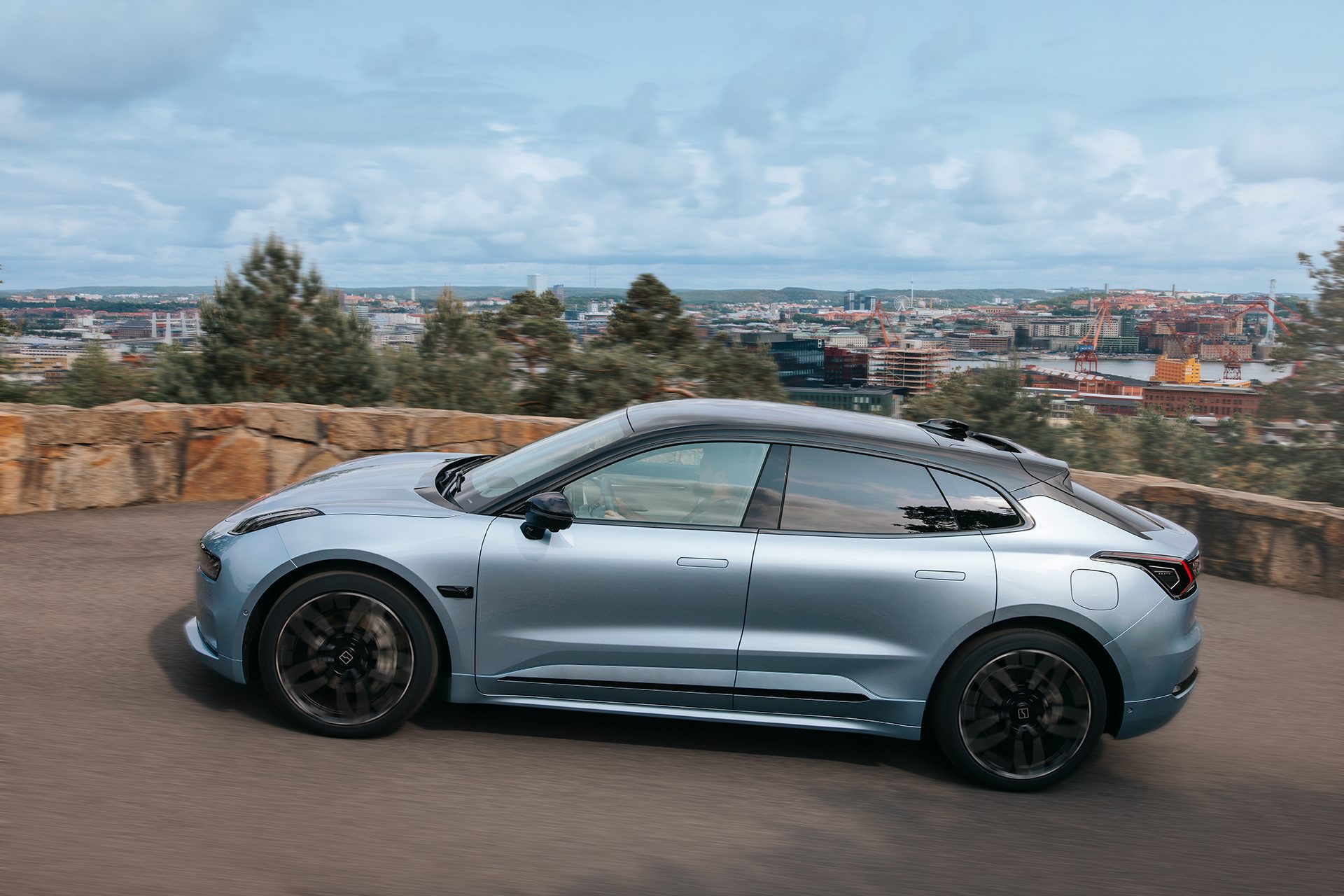
Before road user charges were introduced a 170-kilometre EV trip cost $5.50 when using off-peak charging. Add in RUCs and the trip now costs $18.
However, that same journey in a petrol-powered car would cost around $40, so the EV remains more cost effective. For those who must rely on a commercial fast charger, the EV advantage shrinks to around five dollars ($35.20 for a fast recharge). Whiteford said that on longer trips there’s nothing between an EV and a petrol car, once RUCs are also taken into account.
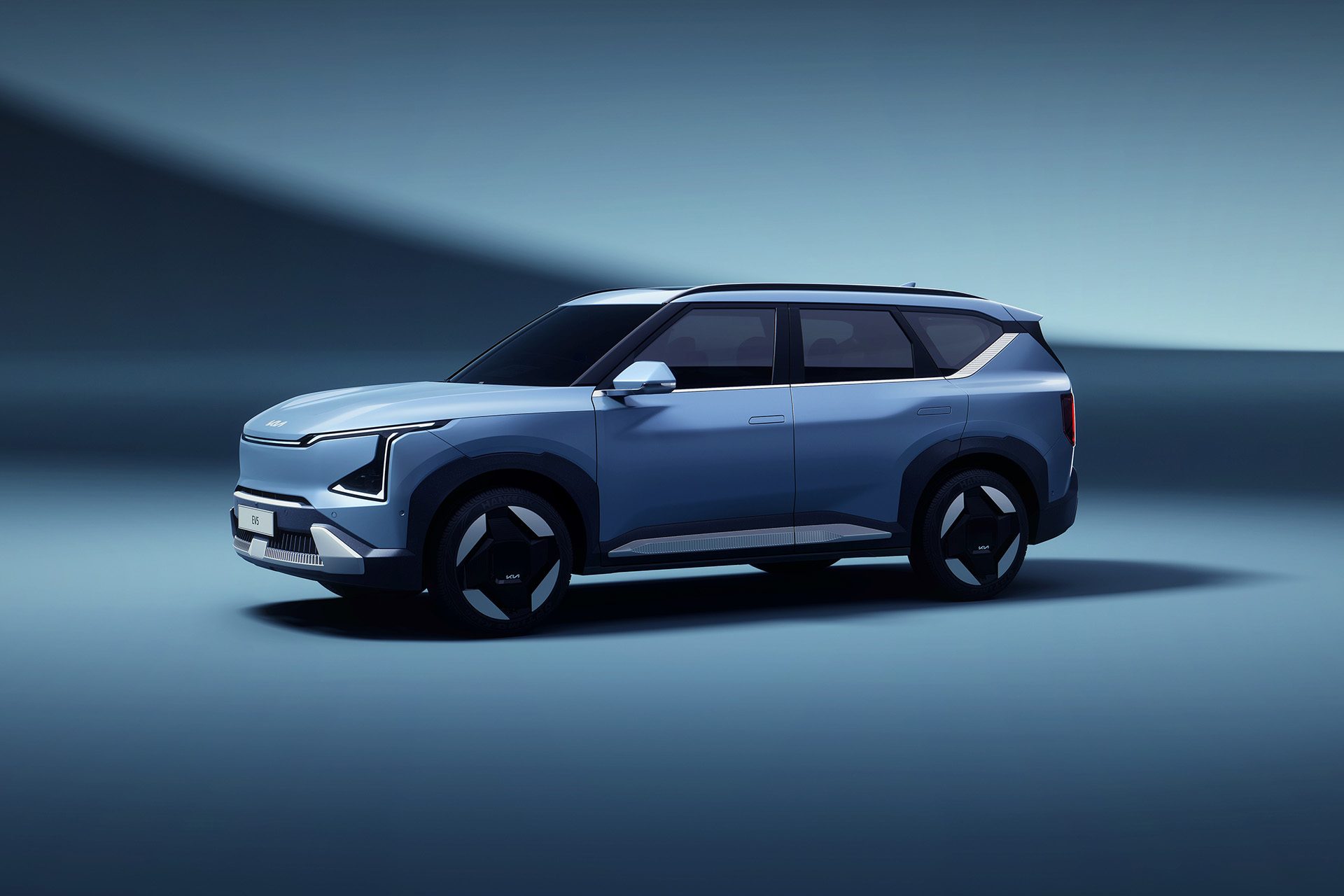
Terry Collins, an adviser at the AA, came to a similar conclusion. Most EV owners charge at home, a cost of roughly $128 to travel 1000 kilometres. To do the same mileage in a petrol-powered car would cost $236. And in a diesel powered vehicle it averages out at just over $310 per 1000km. By comparison, 1000km of travel in a plug-in hybrid costs about $220.
Mr Collins was involved in joint select committee submissions around RUCs. They were calling for a lower road user charge rate for EVs than for diesel-powered vehicles. Those paying road user charges contribute more to the land transport fund than fuel excise tax that owners of petrol cars pay. For example, a car consuming petrol at a rate of 6L/100km costs $48 per 1000km. Diesels and EVs are paying $76 through RUCs.
Mr Collins explains that RUCs were introduced years ago to cover the road damage caused by the passage of heavy vehicles. As diesel became more popular in light passenger vehicles, they were forced to pay the same as heavy vehicles. That now carries over to EVs as well.
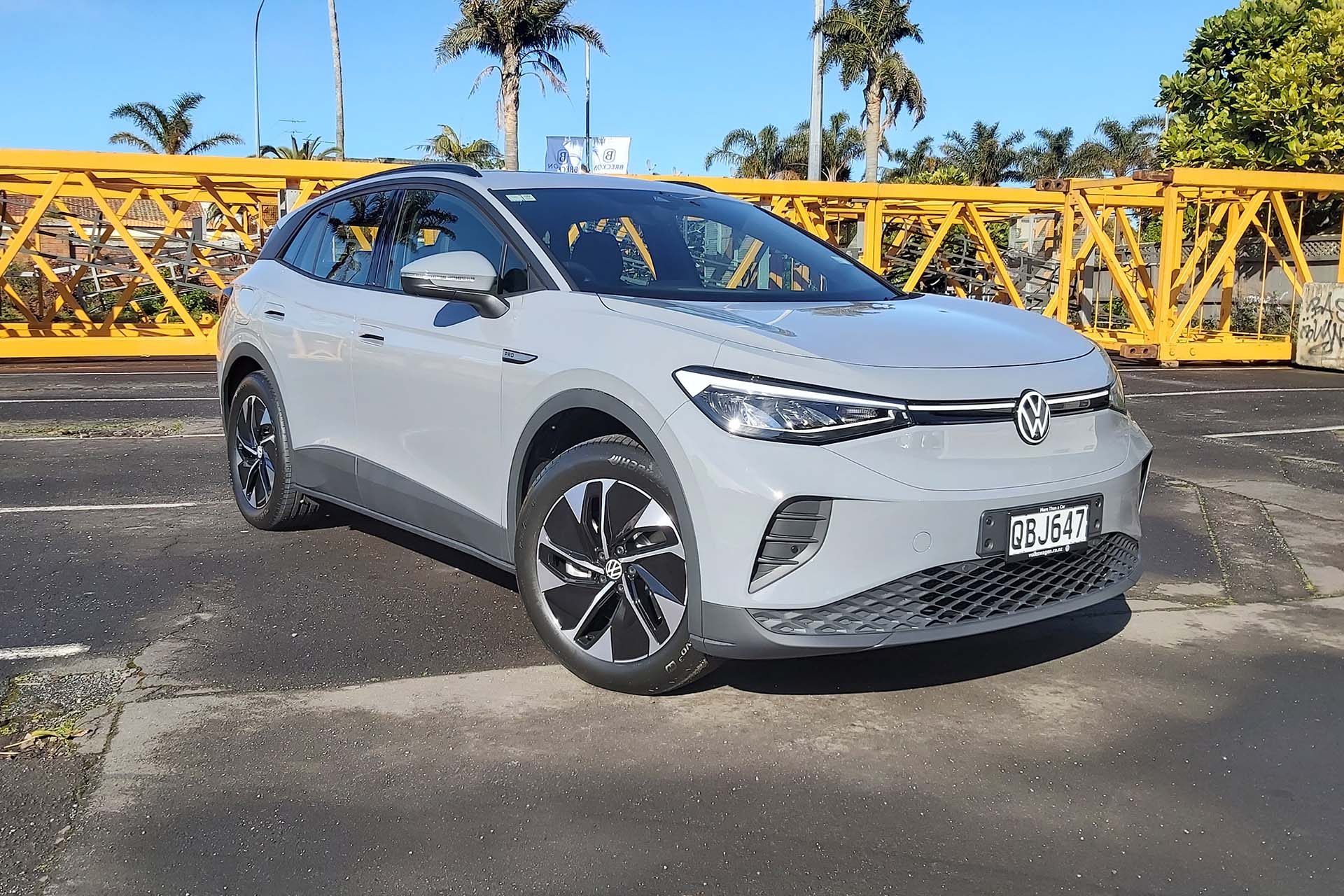
Kirsten Corson, the chair of Drive Electric, feels the current system is particularly unfair for EVs because their impact on roading infrastructure and the environment is lower than that of other vehicles paying road user charges. She said there should be financial incentives to switch, not disincentives. One of the main issues with EV ownership remains the higher initial outlay. Other countries incentivise EV ownership and she said that we should return to doing that as well.
Collins echoed this sentiment, saying it’s not RUCs that are a barrier to EV ownership but the loss of the clean car discount which is having a much greater impact.


